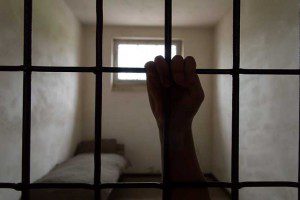Addiction Consequences
Addiction is not gender-specific, nor does it discriminate by race or ethnicity.
The disease of addiction does not care what socioeconomic status you belong to or how successful you are. It is a deadly disease that will destroy everything in its path if left untreated. It can take weeks, months, or years for the destruction to become full-fledged, but it can and will happen. With continued use, addiction consequences become increasingly severe.
Addiction consequences can be present in the form of financial instability.
The cost of maintaining an active addiction is incredibly high and varies depending on the substance used. Over time, the amount of the substance needed to get high must increase. This is called developing a tolerance and is a first step in the onset of addiction. Some people are able to continue working to fund their addiction, but more often than not, the drugs will take precedence over daily bills.
If someone does not have the means to support their addiction, they will find a way.
Some people will begin stealing what they need, while others may sell precious heirlooms or even their own bodies to pay for the substance. Addiction consequences can range from lower self-esteem, physical harm, abduction, rape, or even death. This lifestyle is exceptionally dangerous, but when someone is suffering from addiction, they are not able to make rational decisions.
Addiction consequences from a legal perspective are multi-layered. If arrested and charged for drug-related crimes or for possession of narcotics or paraphernalia, the lawyer fees, court costs, and probation fees are astronomical.
It is virtually impossible to live a healthy lifestyle while addicted to drugs.
Addiction will take a toll on one’s body as well as one’s mental well-being. A wide variety of health problems can arise from addiction, including problems with the heart, liver, brain, and other organs.
Addiction is messy and heartbreaking, but there is hope.
Fortunately, 12 step programs offer solutions and a design for sober living. Rehabilitation facilities have trained addiction professionals and clinicians who are committed to helping people overcome addiction. There is always hope for the person who decides they are ready for change.
Help is available. If you or someone you love is facing addiction consequences, consider an addiction treatment center. We can help. Please contact us at (337) 379-7700 anytime.
Share This Post:







